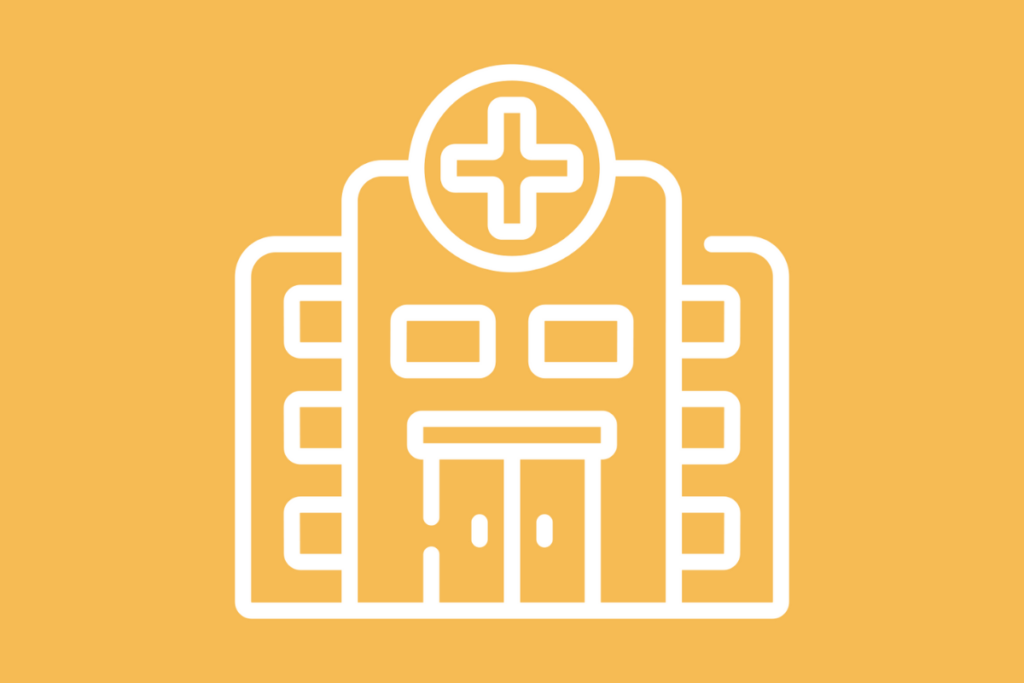
You are the leader in the daily care of your condition. Therefore, you and the healthcare team will work together in the management of your drug-resistant epilepsy.
To have a productive and successful appointment, it is important to be prepared and organized; talk to the clinicians and provide as much information as possible. The information that you collect will be very valuable in deciding what assessments and treatments are right for you.
You may feel overwhelmed because you have too much to do, but do not worry; break the list down into actionable steps in order to make it more manageable. Work with a family member, partner, trusted friend, or someone who is willing to help. Do one thing at a time and remember, that you probably have some of this information already available.
Medical history
A family member, partner or a friend are always welcome:
If you have copies of your medical records including test results, bring them with you. Make sure you have copies of the tests (EEG, CT Scan, MRI, etc.) saved in a CD or USB flash-drive along with copies of the written reports. You are entitled to obtain your medical records from all offices, clinics and hospitals you have visited. Talk to each provider to request these copies and records. Plan ahead, keep in mind that fulfilling record requests can take time and you may need to complete some authorization forms.
Share the history of your seizures and also, if you have been diagnosed with other conditions.
Medical Records: All your medical information is stored in the medical records (tests results, diagnosis, treatments and care, etc). Written reports and images in a CD or USB flash-drive are essential. Prior EEG recordings are also important.
In relation to your seizures, answer the following questions and write the answers down:
- When did the seizures start (age)?
- How did the seizures start (condition)?
- How often do they happen? (frequency)?
- Number of seizures per day/week/month?
- When did you have the last seizure?
History of other conditions including surgeries: Are the seizures associated with any trauma or accident?
Family history: Have other family members been diagnosed with epilepsy. If so, what type of seizures do they have? Which treatment was effective?
Medications: List previous and current medications and doses. If possible, create a table listing the medications you have taken and for how long. Include the maximum dosage and if stopped, write the reason. If you are not sure, write unknown.
A family member, partner or a friend are always welcome:
A family member, partner or a friend are always welcome:
Having a family member or a trusted friend with you during the appointments will be helpful.
Bring someone with you and make sure you choose the right person.
Bring someone who understands his/her role and is willing to take notes and ask relevant questions for clarification.
Diary
Diary
Monitor and track your seizures in a diary. This will help you and the healthcare team better understand, diagnose and manage your condition.
You can include in a diary if you have been taking the medications regularly and following clinician’s recommendations as well as if you are having seizures with or without medications. If someone was with you, ask that person to help you describe what happens during the seizures, what you were doing at the time of the seizures, time of the day, and if they keep repeating. Smartphones can be helpful: Ask your friends or family to record a video of the seizures for the clinicians. The diary is an important tool that helps track the seizures, identify patterns, and collect key information for the epileptologist/healthcare team.
It is OK to share how you feel
It is OK to share how you feel
Discuss with the epileptologist / healthcare team if you have noticed any changes in mood.
What goes through your mind? Are you feeling sad or anxious?
Describe your level of energy.
Interest in social interactions with friends and/or family.
Hobbies and activities of interest
Hobbies and activities of interest
Let the epileptologist/healthcare team know what activities you would like to be able to perform. Activities that make you feel good, energized and happy are important.
Goal settings
Goal settings
Share with the epileptologist/healthcare team what personal/occupational goals you want to achieve and how the treatments can help. Set 5 goals to be discussed with the epileptologist/healthcare team. By setting goals you will be motivated and more productive, and they will help you to achieve what you want in life.
Feel free to ask questions
Feel free to ask questions
Mention to the epileptologist/healthcare team that you have specific questions that you would like answered before you leave their office. Create a list of very specific questions that are important for you and related to the visit. Be prepared and empowered.
Talk to the specialist/healthcare team about referrals to other providers
Talk to the specialist/healthcare team about referrals to other providers
Other healthcare providers will contribute with their expertise in the management of specific conditions. (i.e. social worker, therapists.).
Some institutions and communities offer support groups to help you enhance your well-being and increase knowledge through educational programs.



